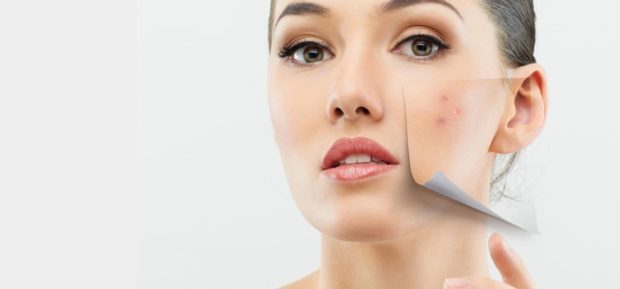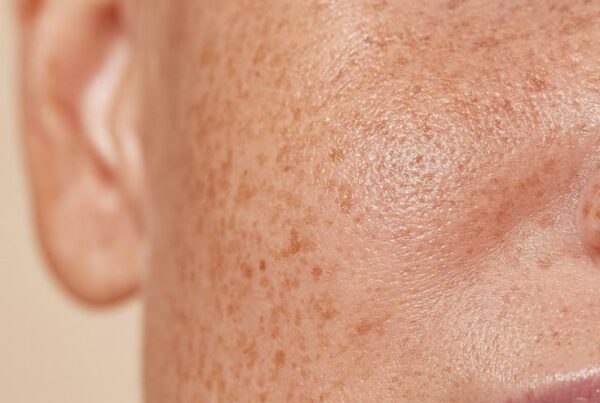There’s a new ingredient in town that has garnered plenty of attention for some time now, and for good reason. The essential oil specialists over at Wholesale Botanics report that tea tree oil (melaleuca) is derived from the leaves of Melaleuca alternifolia – a small tree that can be found in Queensland and New South Wales, Australia. In fact, tea tree oil can be trailed back to the native aboriginal inhabitants of Australia, who used it as traditional medicine. Read on to find out the many benefits associated with adding this essential oil to your collection.
Tea Tree Oil Benefits
Anti-bacterial, anti-fungal, and anti-viral properties
Tea tree oil contains the compound terpinen-4-ol, to which many attribute its antibacterial properties. Aside from killing off bacteria, studies have shown that terpinen-4-ol increases the activity of white blood cells – blood cells that help fight off germs and infections. One lab study found that by inhibiting the actions of bacteria, viruses, and fungi, this oil can help to prevent athlete’s foot and sinus infections as well as pneumonia.
Combats skin conditions such as acne
Tea tree oil contains anti-inflammatory properties and as a result, it can be used as a remedy against acne and eczema. As acne results from blocked sebum glands and skin inflammation, tea tree oil helps to not only clear up the sebum glands but also get rid of dirt and bacteria. Moreover, one study found that tea tree oil-based acne gel is just as effective against acne as benzyl peroxide.

Aside from acne, tea tree oil contains properties that can help regulate oily skin and improve the appearance of blemishes. It can also eliminate age spots, as well as diminish the appearance of wrinkles. Be sure to apply sunscreen after applying tea tree oil to your skin, as it can make you more sensitive to UV rays.
Scalp care
An itchy scalp is quite uncomfortable and can often be credited to dandruff. Luckily, one study revealed that a shampoo containing tea tree oil improved dandruff by 40% by controlling itchiness, greasiness, and dandruff severity.
In the case that you don’t suffer from dandruff, an itchy scalp can also be a problem. Aside from being irritated, an itchy scalp can lead to hair loss. This essential oil contains antibacterial properties and an itchy scalp is often caused by a fungus or bacteria. By diluting a small amount of tea tree oil onto your scalp, you can increase blood flow. This will then help strengthen as well as boost the health of your follicles.
Moreover, one study has revealed tea tree oil’s effectiveness in getting rid of head lice.
Oral health
Sometimes bad breath can’t be escaped. Bad breath occurs as a result of bacteria that are hidden in the back of your tongue, throat, and tonsils. As tea tree oil contains antibacterial properties, using it as a mouthwash is sure to give you lasting fresh breath. Some studies have also linked tea tree oil to the demise of tooth-decay-causing germs(1). Like regular mouthwash, it’s important not to swallow tea tree oil. Accidental ingestion may cause vomiting, diarrhea, and weakness.
Aside from cosmetic uses, tea tree oil can also be used around the house.
It can be used aromatically throughout the house through the use of an oil diffuser. It can also be used as a household cleaner – thanks to its antimicrobial properties. An oil that can be used around the house as well as on your skin? Who wouldn’t want to add tea tree oil to their essential oils collection!
When purchasing tea tree oil, be sure to opt for a 100% pure organic brand. This means that it should be free of additives, fillers and preservatives. Once purchased, keep your tree oil stored in dark, cool, dry conditions – preferably in a glass container.



![women [longevity live]](https://longevitylive.com/wp-content/uploads/2020/01/photo-of-women-walking-down-the-street-1116984-100x100.jpg)











I have essential tea tree oil. How to use it for sore gum
Thank you